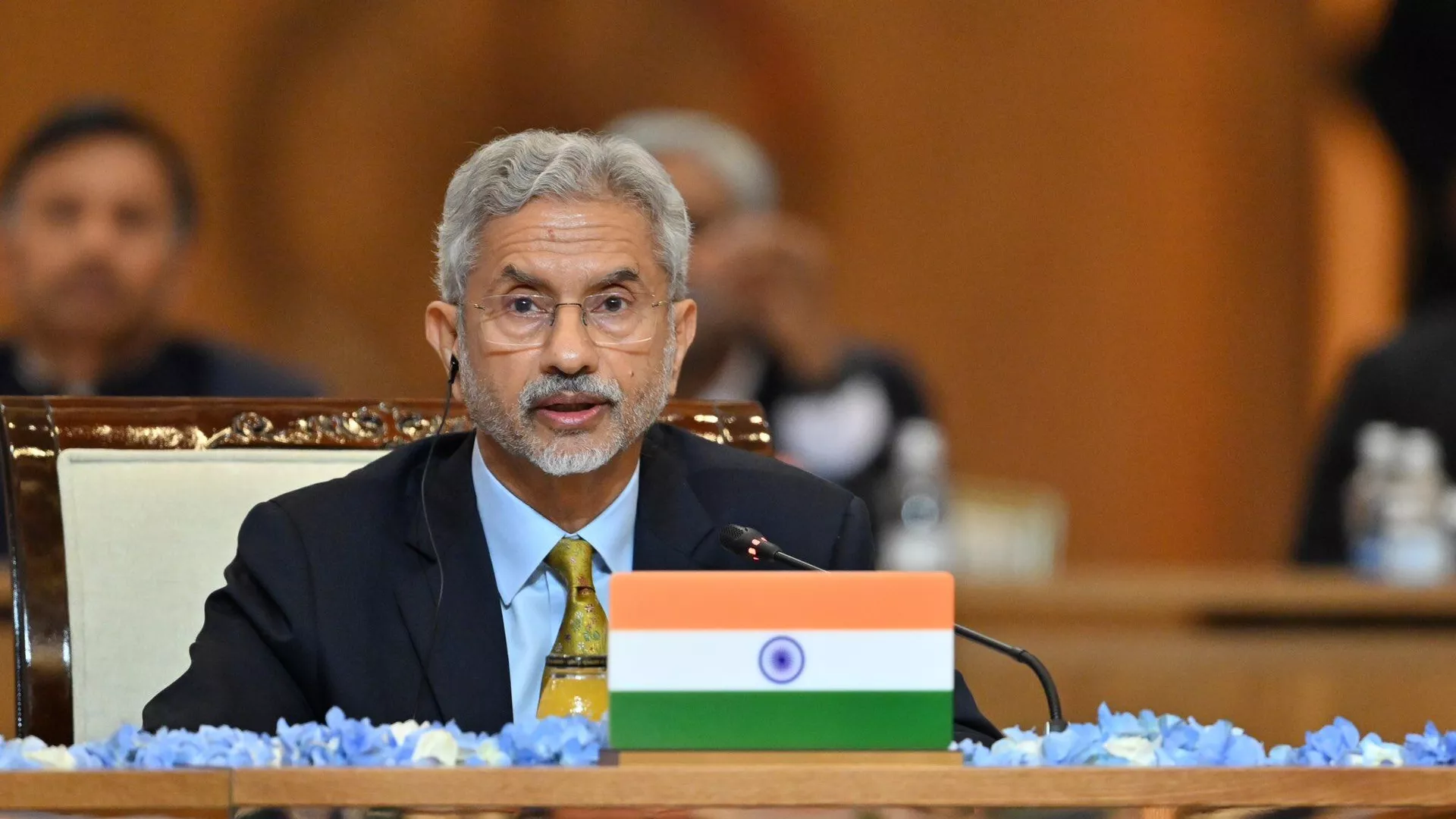
500% tariff on India? Jaishankar’s response to concerns over US sanctions on Russian oil buyers
WASHINGTON D.C. : External Affairs Minister Dr. S Jaishankar said India is aware of the potential implications of a new Russia sanctions bill introduced in the US Congress and is engaging with American lawmakers.
Responding to a question on the proposed legislation by Senator Lindsey Graham US plans to impose 500 per cent tariffs on the import of Russian oil, Jaishankar said, “We’ll cross that bridge when we come to it. We’ve been in touch with Senator Lindsey Graham. The embassy, the ambassador — they have been in contact. Our concerns and interests, particularly on energy and security, have been made known to him.”
The US sanctions bill on Russia would impose a 500 per cent tariff on imports from any nation that purchases Russian oil, gas, uranium and other products, The Hill reported. The bill has over 80 co-sponsors in the Senate. Earlier in May, Graham said he is in touch with US President Donald Trump regarding the bill.
When Russia invaded Ukraine in February 2022, global oil flows changed overnight. India’s imports of Russian oil saw a dramatic rise after the Ukraine war, growing from less than 1 per cent of its total crude oil imports to a staggering 40-44 per cent in a short period, according to reports.
While speaking at a press conference, he said while developments in the US Congress are always of interest, India would evaluate the bill’s impact if and when it becomes actionable.
Jaishankar visited the United States from June 30 to July 2 at the invitation of US Secretary of State Marco Rubio.
He also flagged the South China Sea as an issue of “great concern” for all Quad members. India, the United States, Japan, and Australia are Qaud members. Emphasising the importance of the maritime region, he said “The Quad members all have a shared interest because for us it’s a very important international waterway. There was some discussion on the South China Sea. The issue is to find a peaceful resolution to the disputes. Ensuring that it remains calm and free of conflict is a common priority,” he said.
Following the meeting, the four countries issued a joint statement reiterating their strong opposition to any unilateral actions that attempt to alter the status quo by force or coercion.
“We remain seriously concerned about the situation in the East China Sea and South China Sea. We reiterate our strong opposition to any unilateral actions that seek to change the status quo by force or coercion. We express our serious concerns regarding dangerous and provocative actions, including interference with offshore resource development, the repeated obstruction of the freedoms of navigation and overflight, and the dangerous manoeuvres by military aircraft and coast guard and maritime militia vessels, especially the unsafe use of water cannons and ramming or blocking actions in the South China Sea,” the statement read.
Source : Moneycontrol

